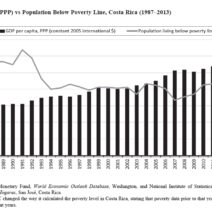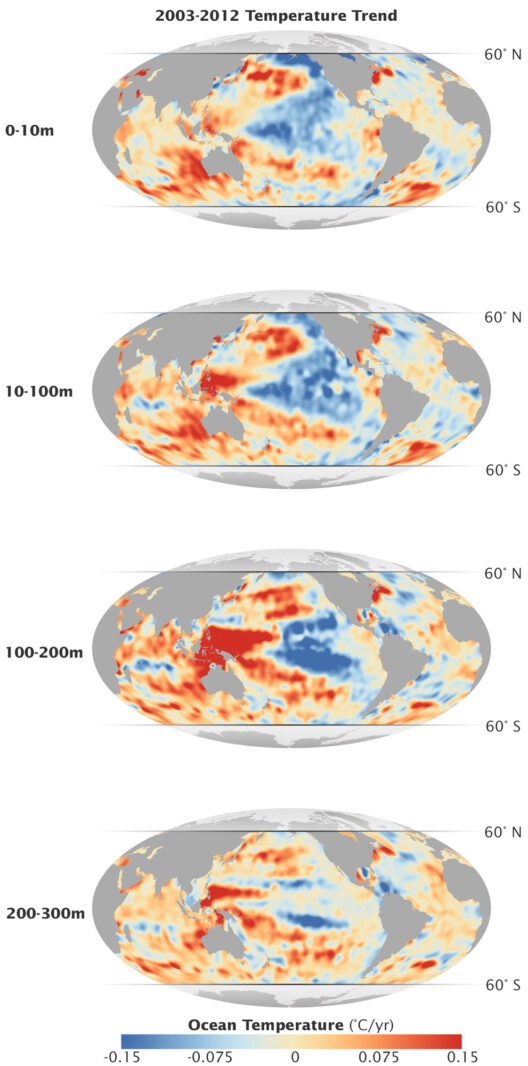As humanity grapples with the existential threat posed by climate change, the universe continues to unveil its mysteries. One particularly intriguing enigma in cosmology is dark energy, a hypothetical form of energy thought to permeate all of space and accelerate the expansion of the universe. The question of whether dark energy contravenes the law of conservation of energy invites us to delve deeper into both cosmological principles and philosophical implications.
At the heart of this inquiry lies the law of conservation of energy, which posits that energy cannot be created or destroyed within an isolated system. This principle has been a cornerstone of classical physics and remains significant in understanding physical interactions across various domains. However, the universe is not a simple closed system; rather, it is a dynamic expanse continuously shaped by a multitude of forces, including gravity, electromagnetic radiation, and possibly dark energy itself.
Dark energy constitutes about 70% of the total energy content of the universe. Its presence was inferred from observations of distant supernovae and the cosmic microwave background radiation. These observations revealed that the universe is not merely expanding; it is doing so at an accelerating rate. Dark energy is hypothesized as a repulsive force that counteracts the attractive force of gravity on cosmic scales. While this phenomenon may seem to suggest a violation of energy conservation, it invites deeper scrutiny into the nature of energy itself within the framework of the cosmos.
One common observation that sparks curiosity is the relationship between dark energy and the fabric of spacetime. General relativity describes gravity not as a force in the traditional sense but as a curvature of spacetime caused by mass. Dark energy, often modeled as a cosmological constant, implies that as the universe expands, more of this energy emerges from the vacuum of space, creating a tension that pulls galaxies apart. This suggests that energy density remains constant as the universe expands, which raises pertinent questions about how energy is defined in a dynamic universe.
To probe deeper, it is essential to consider how energy conservation is framed within general relativity. Unlike classical physics, where energy conservation applies within defined systems, general relativity allows for local conservation of energy, but its interpretation on cosmological scales becomes complex. The divergence from traditional conservation principles is a manifestation of the evolving nature of spacetime itself. Therefore, while dark energy introduces challenges to our conventional understanding, it does not inherently contradict the broader principles of energy conservation as they apply to an expanding universe.
The notion of energy conservation in an expanding universe necessitates delicately balancing familiar laws with the idiosyncrasies of cosmological contexts. As more dark energy comes into play, it does not function as energy in a restrictive sense, similar to an engine’s fuel; instead, it represents a more abstract property of the cosmos that complicates our understanding of how energy interacts on a grand scale. It raises significant philosophical questions about the nature of energy: Is it a static entity, or is it something that can emerge and evolve in relation to the universe itself?
These contemplations gain further depth when considering the implications of quantum field theory, which posits that even in seemingly empty space, fluctuations can give rise to virtual particles—a phenomenon closely tied to dark energy. This connection hints at a more nuanced relationship between energy and the fabric of space, where the boundaries of energy conservation may be less stringent than previously assumed. In this context, even as space expands, one might argue that energy is neither created nor destroyed but rather transformed and redistributed in a manner that is consistent with the laws of physics at play.
Critically, one must contemplate the ramifications of this discussion for contemporary issues facing humanity, such as climate change. While the cosmos operates under its own complex rules, the energy crises borne from fossil fuels lie firmly within the grasp of human agency. The conservation of energy remains a vital principle that underpins ecological sustainability; however, the emerging speculative properties of dark energy could inspire new technological avenues, potentially illuminating pathways for harnessing energy in more sustainable ways.
Scientific inquiry into dark energy ought not to overshadow the immediate necessity for resolute action against climate change. However, the interplay between cosmological phenomena and rigorous scientific principles serves to remind us that the quest for understanding transcends temporality. Energy dynamics in the universe may point toward unforeseen possibilities, urging reconciliation of our current practices in energy consumption with an expansive vision that intertwines human endeavors with the natural order of the universe.
In summary, while dark energy introduces complexities that challenge the strict interpretation of energy conservation, it does not outright break this foundational law. Instead, it compels us to rethink and reframe our understanding of energy within the universe’s context. As we confront the realities of climate change, fostering a deeper comprehension of energy characteristics—be it cosmic or terrestrial—will enable more informed choices in how we shape the future of our planet within the boundless universe.







